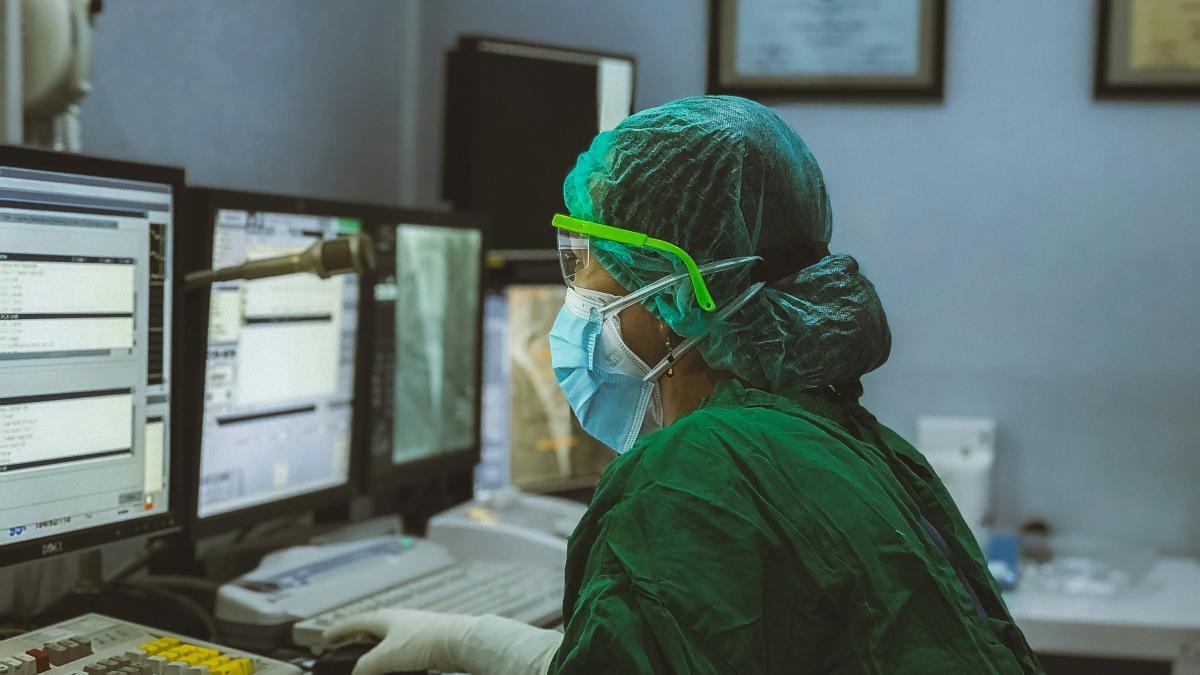
Mapping vaccine access
The city of Seattle plans to use a health disparities mapping tool developed by Dr. Esther Min and her graduate advisor, EDGE member, Dr. Edmund Seto, to guide equitable vaccine distribution.
Full story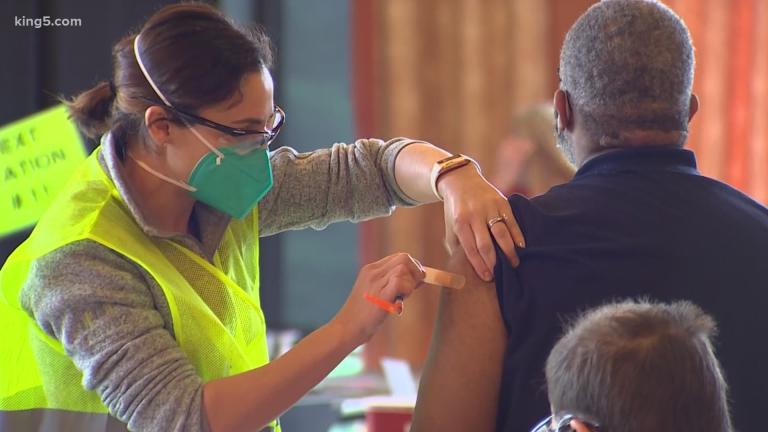
Mapping COVID-19 risk
Research by EDGE members and others shows that the King County neighborhoods with the highest rates of COVID-19 also face higher air pollution and socioeconomic inequities. Photo: Duwamish River Cleanup Coalition.
Full story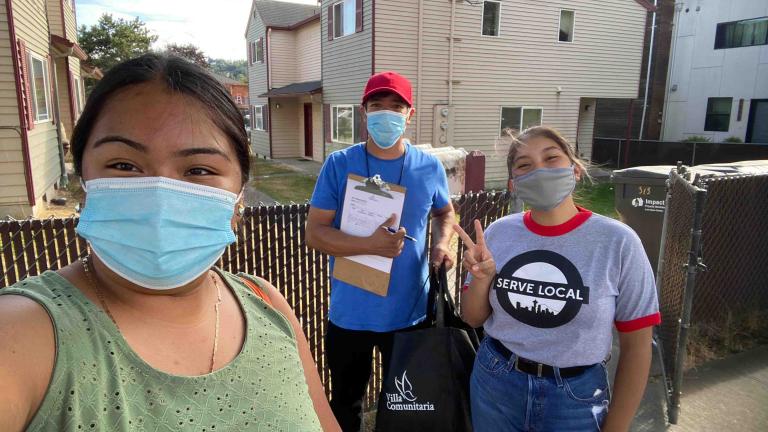
Tracking COVID-19 in sewage
EDGE member, Dr. Scott Meschke, and his colleagues have developed a simple, inexpensive way to detect COVID-19 in wastewater that could speed up the detection of outbreaks in nursing homes, dorms and low-resource settings.
Full story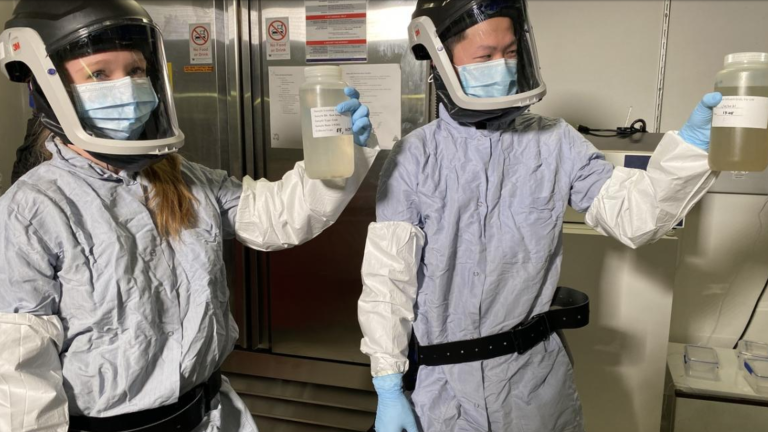
Advising employers on worker health
EDGE member Marissa Baker is on a Return-To-Work Task Force that helps advise businesses on how to maintain operations or reopen safely in the face of COVID-19.
Full story
Self-sampling for COVID-19?
Work by EDGE member Dr. Gerald Cangelosi and colleagues suggests that patients can collect their own samples to be tested for COVID-19 just as accurately as clinicians to protect health care workers and preserve PPE.
Full story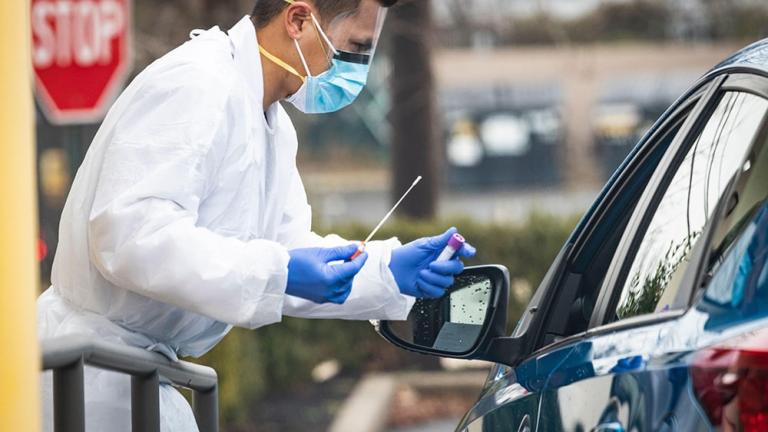
Cadmium exposure and COVID-19
New research by EDGE member Dr. Coralynn Sack shows that high levels of cadmium from smoking and certain foods are linked to more severe flu, pneumonia—and potentially, COVID-19.
Full story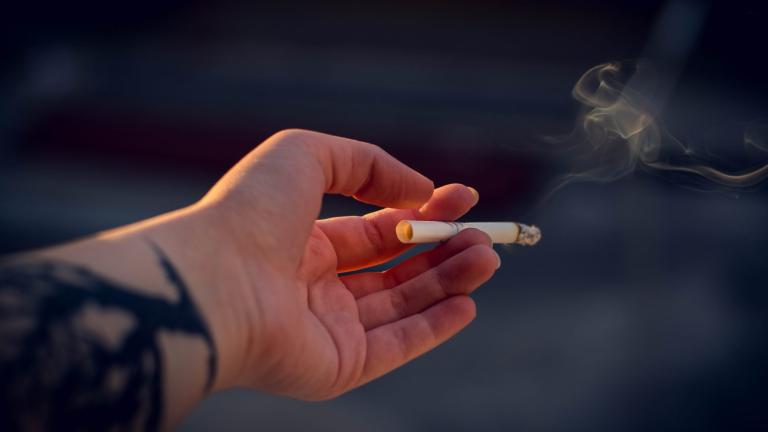
Developing a biosensor for rapid COVID-19 diagnosis
EDGE member Dr. Clement Furlong and colleagues recently received a grant from the National Institutes of Health to develop a protocol for rapid screening of COVID-19. The new test is based on a carbon nanotube sensor used successfully to diagnose tuberculosis. It is expected to have 95% sensitivity and specificity for COVID-19 and to take only 15 minutes to provide results, at a cost of $10 per individual sampled.
Full story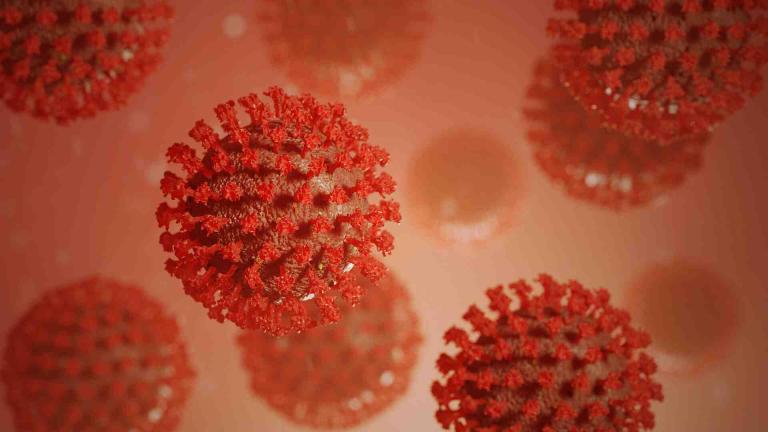
Additional resources
We're actively compiling and curating a list of resources from trusted sources on issues related to COVID-19. Be sure to e-mail us if you know of something we should add.
Link